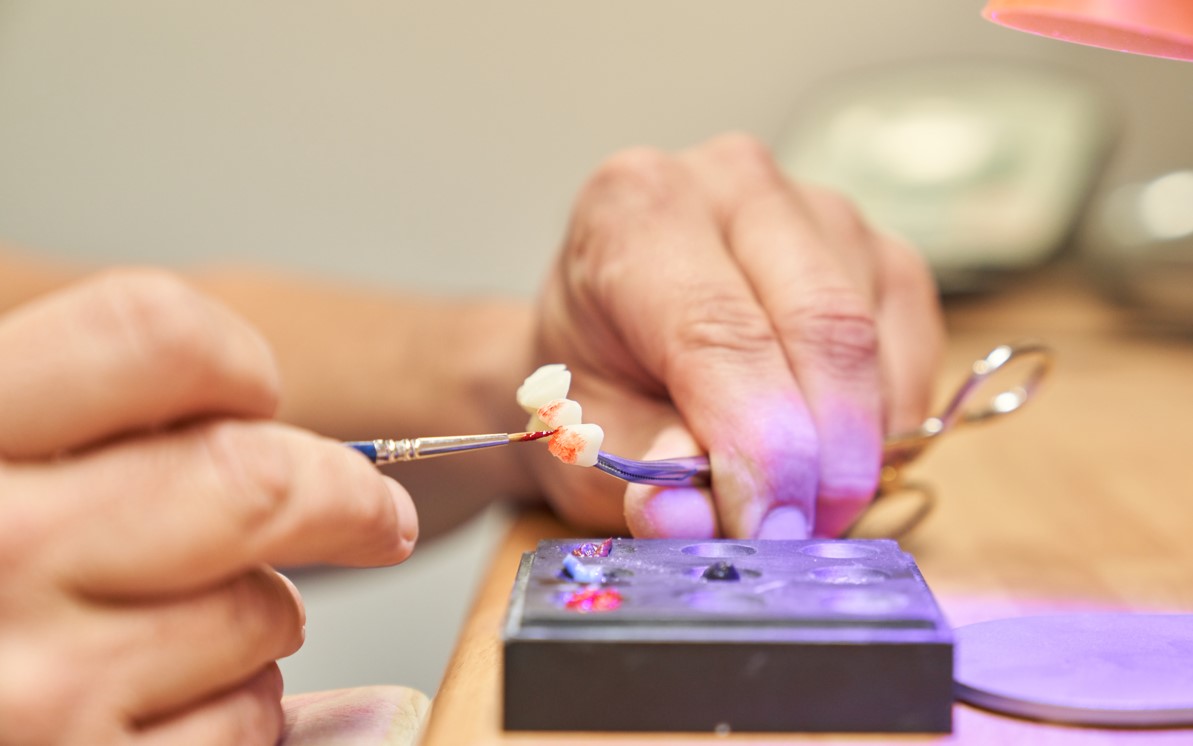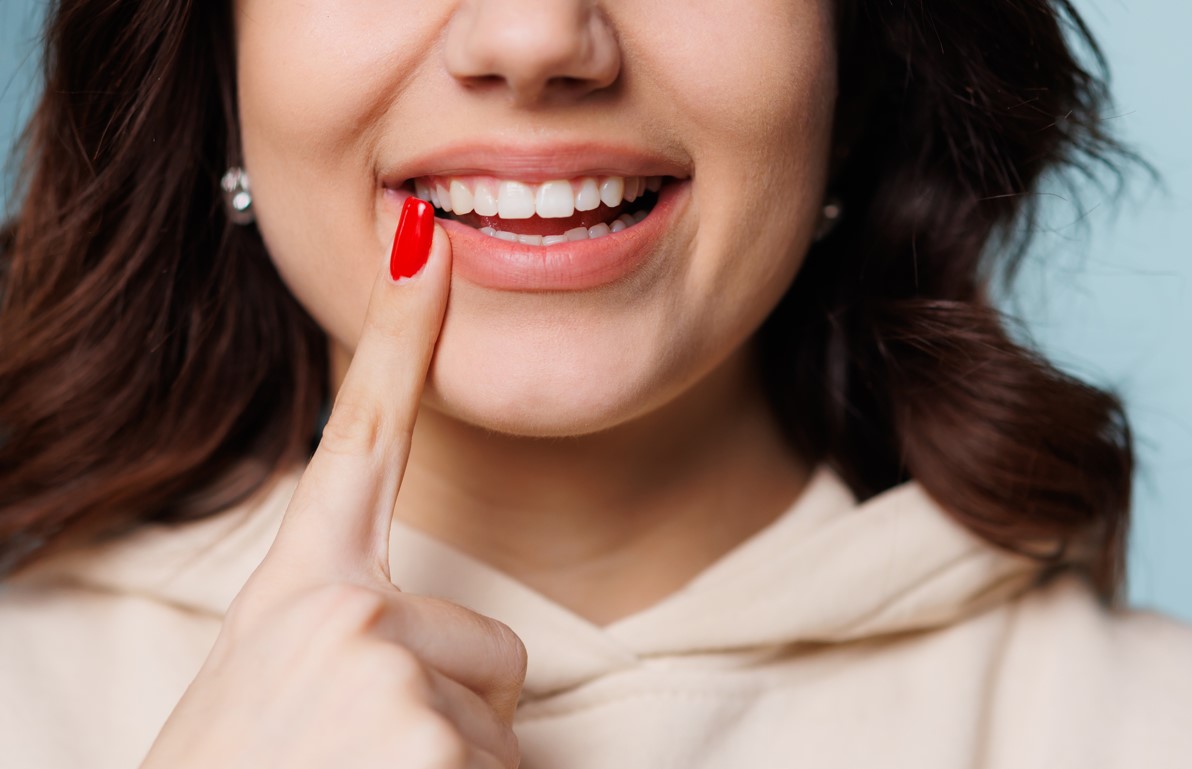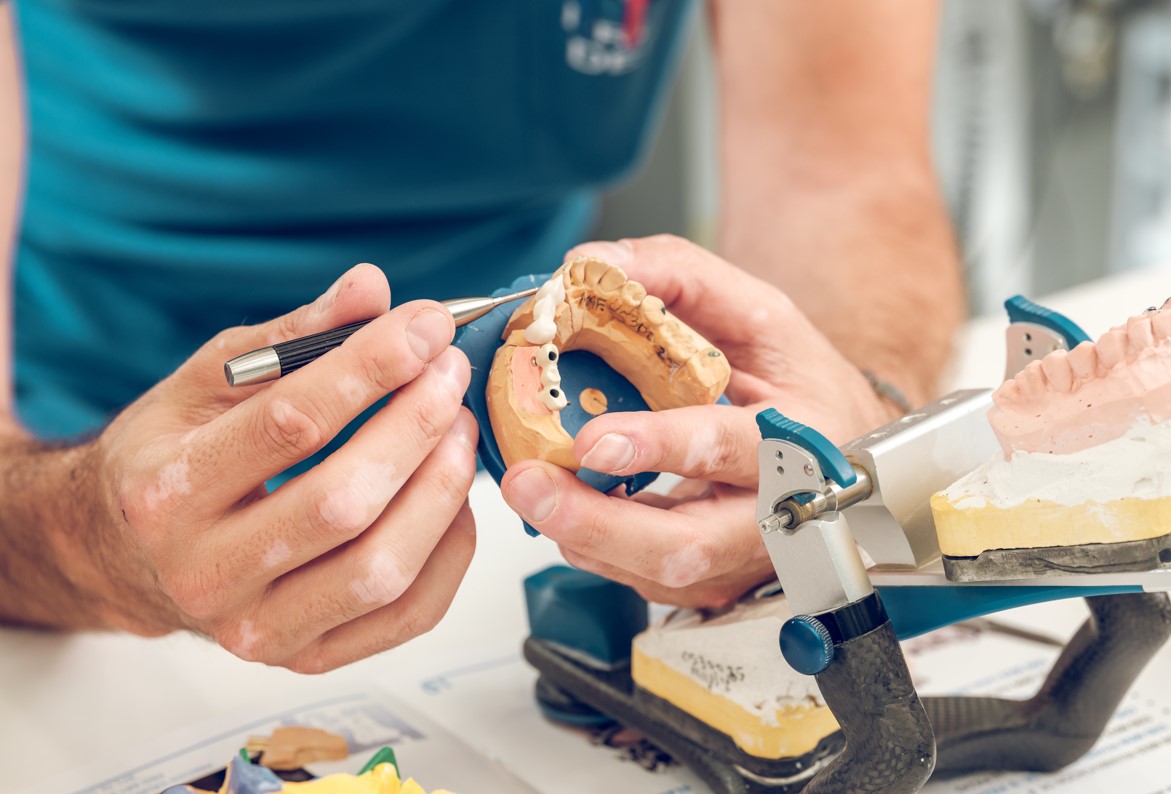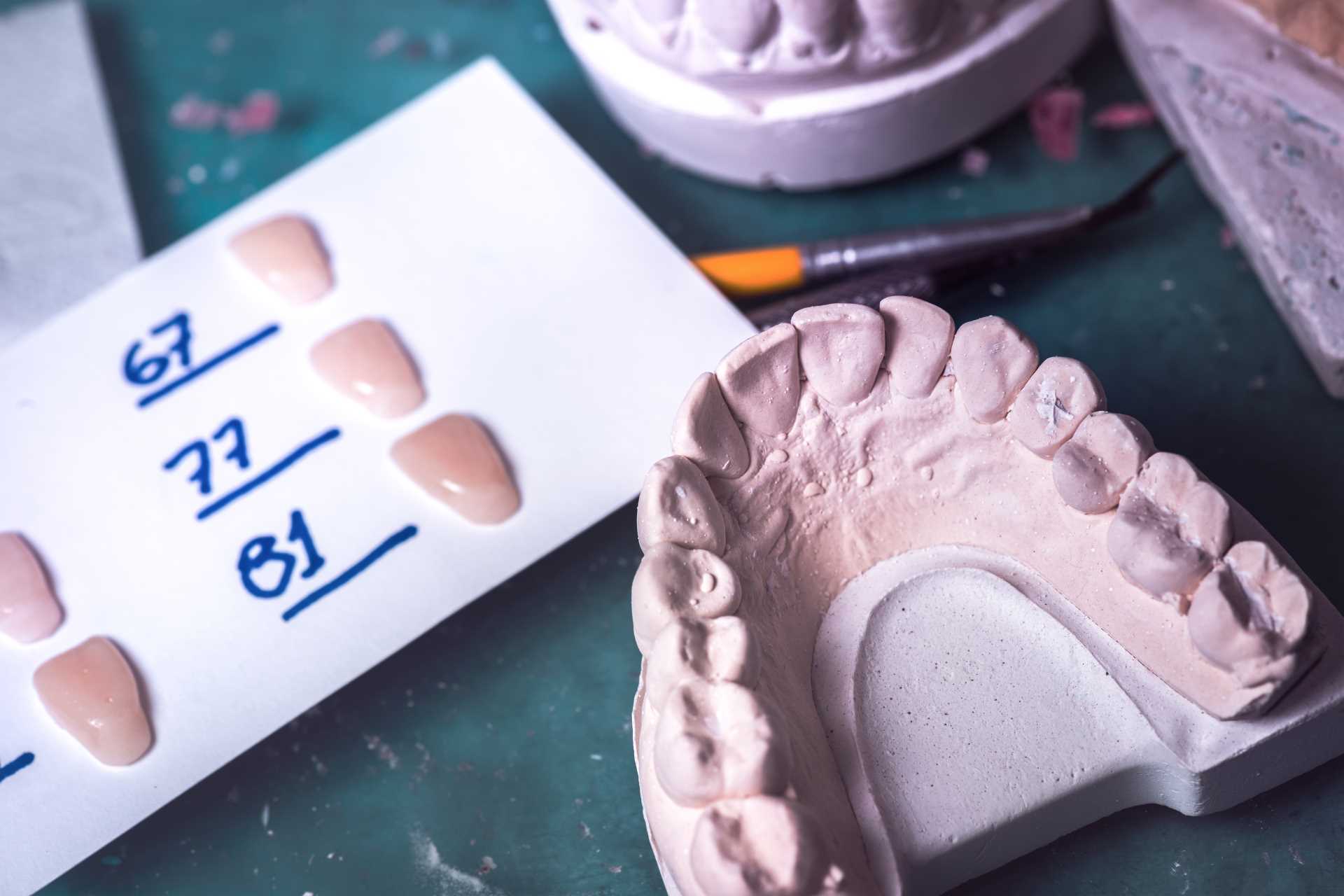5 Common Denture Problems and How to Treat Them
What are The Most Common Denture Problems
1. Soreness and discomfort
Soreness and discomfort are a very common denture problem and are normal in the early stages of your adjustment period, especially in the first few hours (or even days) after getting your new dentures. This is often caused by your new dentures rubbing into your gums, causing pain and irritation that can bother you. But as your gums and mouth get used to your new dentures, this initial soreness should gradually disappear. If the pain persists or intensifies, consult your denture professional as soon as possible to have it checked. How to treat it: Try rinsing your mouth with a salt water solution to relieve the pain. You can also try massaging your gums or taking over-the-counter pain medication if necessary.2. Difficulty speaking
New dentures often feel strange in the mouth at first, with difficulty speaking while getting used to them also being a common denture problem. If you experience this problem, you’ll need to familiarise your tongue and mouth muscles with the sensations of speaking. This can take some time, so be patient and keep at it. As your mouth becomes more familiar with your new dentures, you’ll find yourself settling back into your normal way of speaking. How to treat it: Practice. The best way to overcome difficulty speaking with new dentures is to speak regularly. You can also try singing your favourite songs to help your mouth become familiar with speaking normally again.3. Difficulty eating
Many patients find it difficult to eat normally soon after getting new dentures because their mouths are still not used to it or because their gums are still healing after their procedures. If you’re having trouble with this common denture problem, stay patient and give your mouth time to adjust. You may find it painful to eat some types of food or experience your dentures constantly slipping out while eating. But as your mouth and gums adjust to your new dentures, you’ll find yourself eating normally. How to treat it: Avoid hard and sticky food in the first few weeks of your new dentures. This will minimise pressure on your gums as you chew and eat. Work your way up to harder food as your mouth and gums adjust.4. Slipping dentures
No matter how well-designed your new dentures are, your mouth and gums will need some time to conform to them. Unlike your teeth that are naturally anchored in your gums, most dentures (i.e. removable dentures) are kept in place by various muscles in your mouth. That’s why they often slip or dislodge easily while eating or talking in the first few weeks. During your adjustment period, your mouth, tongue and gums are still learning how to coordinate and keep them in place. Give them time to adjust properly and be patient when repositioning them every time they slip out. How to treat it: This problem often disappears by itself as you get used to your new dentures. But if your dentures still slip out constantly after several weeks, consider using denture adhesives or consulting your denture professional to have them adjusted.5. Excess saliva
New dentures can sometimes confuse your body, making it think that your dentures are food or a foreign object. This can make your saliva glands work harder, producing more saliva than usual. The good news is that as your mouth adjusts to your new dentures, your saliva glands will eventually produce saliva at normal levels, alleviating this common denture problem. How to treat it: There’s not much you can do about this – just be prepared to deal with more saliva than usual by swallowing more frequently. Your mouth and saliva glands will eventually adjust to your new dentures and this issue will disappear on its own.Want More Denture Tips and Advice?
If you’re looking for more information on living with dentures or are wanting to learn more about common denture problems, get in touch with the friendly team at Denture Health Care today. Contact us on 1300 304 092, or fill out our online contact form and we will be in touch soon.Related Posts

Foods to Avoid with Dentures
Foods to Avoid with Dentures Dentures are a majorly beneficial and life changing solution for many people around the world, however, that doesn’t mean they don’t come with responsibility and the need for proper upkeep. It’s important to ensure you’re eating the correct foods and drinking the right drinks that keep your dentures intact and

Do Partial Dentures Look Natural?
Do Partial Dentures Look Natural? The simple answer is yes, partial dentures can look natural. But there are a few things you need to know in order to make sure that yours look their best. Partial dentures are specifically designed to match the shade and shape of your existing teeth, so they should blend in

Dentures and Saliva – What You Need to Know
Dentures and Saliva – What You Need to Know If you wear dentures, saliva problems may be an issue that you have to deal with on a daily basis. Dentures and saliva have a complex relationship. Saliva helps to keep your mouth moist and aids in the digestion of food as well. Without enough saliva,

Can You Get Same Day Dentures: An Informative Guide
Can You Get Same Day Dentures: An Informative Guide Same day dentures are generally referred to as immediate dentures and are often so used as a resolution and replacement for individuals who have had teeth removed. Although they are an immediate solution, they are only temporary to fill in the missing space in the gums.

How Are Dentures Made?
How Are Dentures Made? Have you ever wondered how are dentures made? As dental prosthetists, we get asked this question a lot, so we set out to answer the question of how are false teeth made and shed some light on the denture making process. How are Dentures Made to Perfectly Fit Each Individual Patient?

Famous People with False Teeth
Famous People with False Teeth We know that getting dentures can be a daunting new experience, and you may feel insecure about your new set of teeth. All of this will go away once you’re used to your pearly whites, and the uncomfortable sensation you’re feeling will subside. No matter your age, there’s no need
We do whatever it takes to bring you peace of mind
1300 304 092
Call us today
